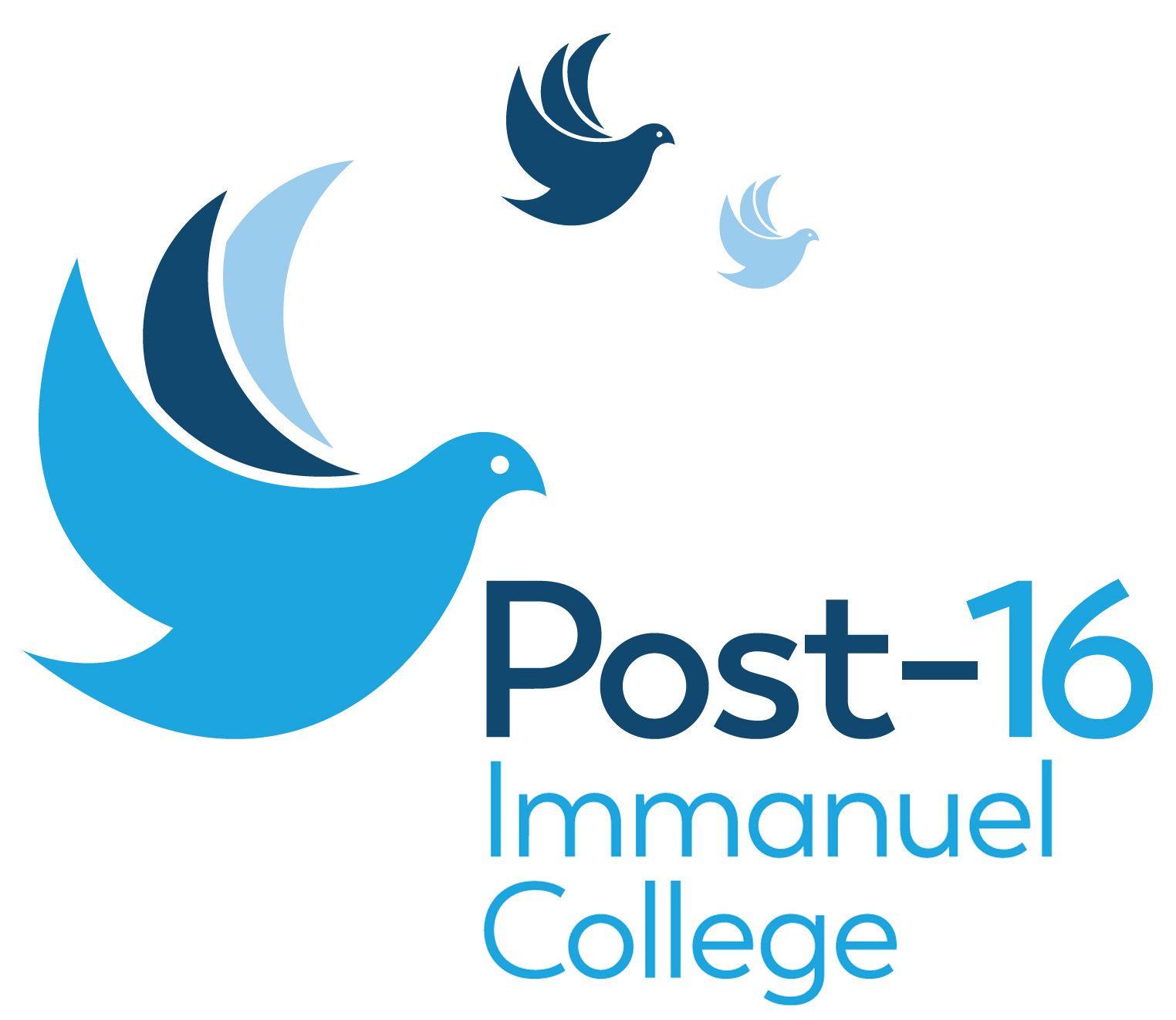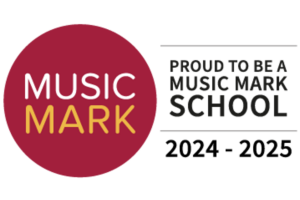
- Overview
- Welcome from the Headteacher
- Post-16 Team
- Admissions
- Post-16 Prospectus
- Subjects
- English Language & Literature
- English Literature
- Maths
- Further Maths
- Biology
- Chemistry
- Physics
- Applied Science (Applied General)
- Art
- Criminology (Applied General)
- Drama & Theatre
- Film Studies
- French
- Geography
- History
- IT (Applied General)
- Law
- Law (Applied General)
- Media Studies
- Music
- Music (Applied General)
- National Extended Certificate in Uniformed Protective Services (Applied General)
- Philosophy, Theology, Ethics - Religious Studies
- Photography
- Psychology
- Sociology
- Spanish
- Sport (Applied General)
- Technical Business (Level 3 - Extended Certificate)
- Travel and Tourism (Applied General)
- Hospitality (Level 2)
- Leadership through Sport (Level 2)
- Public Services (Level 2)
- Employability
- Maths and English GCSE Resit
- Student Leadership
- Results & Student Progression
- Trips & Opportunities
- Charity Work
- Our Facilities
- New Build
- Enrichment
- FAQs
- Exams Information
- Year 10 Information Evening
- Go Higher West Yorkshire
Maths
Why choose this subject?
Find the answers to these and many other questions by choosing mathematics:
- How can we minimise the amount of material used in packaging?
- How can we model populations e.g. herds of elephants?
- How can we predict whether a cricket ball will hit the stumps?
After studying the course, you will be able to answer these questions and many more!
What will you study?
During this course you will learn to extend your knowledge of algebra and geometry from GCSE and explore the ways in which mathematics can be applied in the real world. Areas which you will cover include:
- New topics such as coordinate geometry, series, differentiation, and integration, all of which are highly algebraic and are an excellent introduction to maths at a higher level.
- Branching further into core maths with topics such as logarithms and exponentials, radian measures and higher-level trigonometry.
- More complex pure maths including trigonometric proofs, further differentiation, and integration as well as numerical methods for finding solutions.
- Further and more complex work on coordinate geometry as well as vectors in Lots of the maths studied in earlier core modules is linked together here.
- Mechanics and Statistics: this applied paper introduces students to mathematical modelling of everyday experiences, like driving a car, throwing a ball up in the air, walking across a bridge and playing snooker. To be successful in this area you need to be able to visualise a situation and simplify the forces acting on different parts of You will have a better understanding of how the physical world operates and how to use maths to predict what will happen next following this module. Using statistics, you will also get to interpret measures of central tendency and variation, extending to standard deviation, understand and use simple, discrete proba- bility distributions including the binomial distribution as a model, calculating probabilities using the binomial distribution and use the Normal distribution as a model, finding probabilities using the Normal distribution.
How is this course assessed?
The course is assessed through examination only with 3 exams taken for a full A-Level at the end of the 2 year course. Paper 1 and 2 are equally spread over all Pure mathematics with Paper 3 being the applied Mechanics and Statistics module. Each paper is worth 100 marks and a 2 hour exam. Students are also regularly assessed throughout the course to ensure that students are keeping on track and making progress.

Maths Intent
The intent of the mathematics curriculum has at its heart, our values of perseverance, character and hope, which promote a sense of belonging in the world of Mathematics1.
The mathematics curriculum at Immanuel College is designed to ensure that all students have a secure knowledge base and cultivate a deep understanding of mathematical concepts and procedures, as well as the ability to apply these to a variety of problems, including those they may face in the real world3.
The mathematics department models and promotes mathematical rigour.
The curriculum is designed to foster students' mathematical reasoning skills, their ability to communicate mathematical ideas effectively, and their appreciation of the beauty and power of mathematics7.
Students are stretched and challenged.
We create a positive learning environment with high expectations where students thrive and reach their hopes and aspirations.
We promote diversity within the curriculum and show case that mathematicians both historically and locally come from all kinds of backgrounds and upbringing.
Students are prepared for future studies in mathematics: The curriculum provides a solid foundation in mathematics for students who wish to study mathematics at university or in other advanced programs9.
1 Matthew 1:23 – ‘They will call him, “Immanuel” which means “God with us.”
3 Galatians 3:26 – ‘In Jesus you are all children of God through faith.’
7 Ephesians 2:10 – ‘For we are God’s masterpiece, created in Christ Jesus to do good works which God prepared in advance for us to do.’
9 John 10:10 – Jesus said, ‘I have come that they may have life and have it abundantly.’
Subject Maps
Curriculum Plans
What next?
Mathematics is recognised by employers as a useful qualification. It is accepted as an entry qualification into virtually all degree courses. Students with a good knowledge of mathematics are perceived as being good at problem solving and processing information.
Maths is essential for studying Maths, Physics or Engineering at University, and for these subjects Further Maths is highly desirable or even essential at the top institutions (see page on Further Mathematics). Other courses which benefit from Maths A-Level are medicine, economics, accounting, and other sciences such as sports science.








